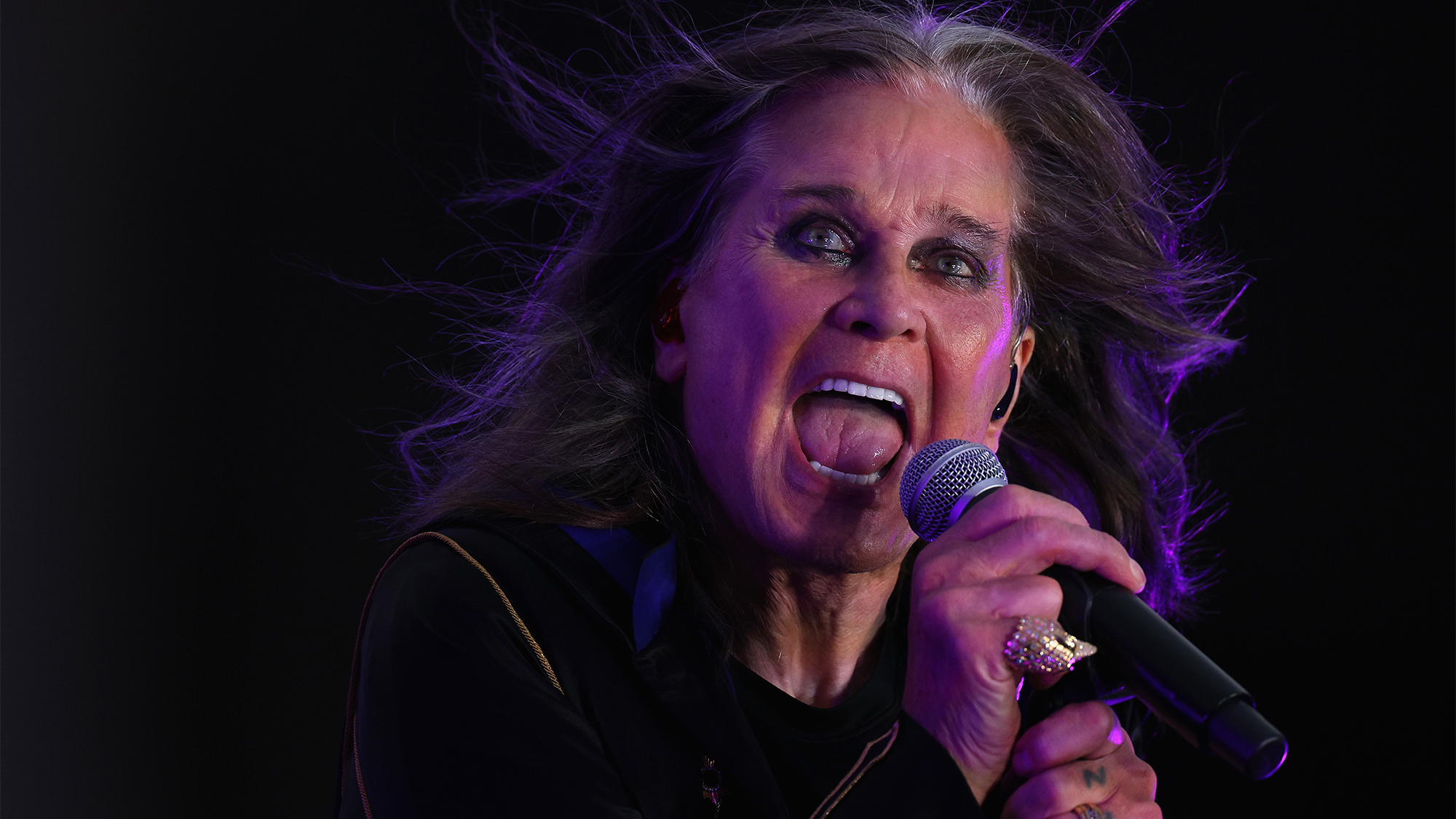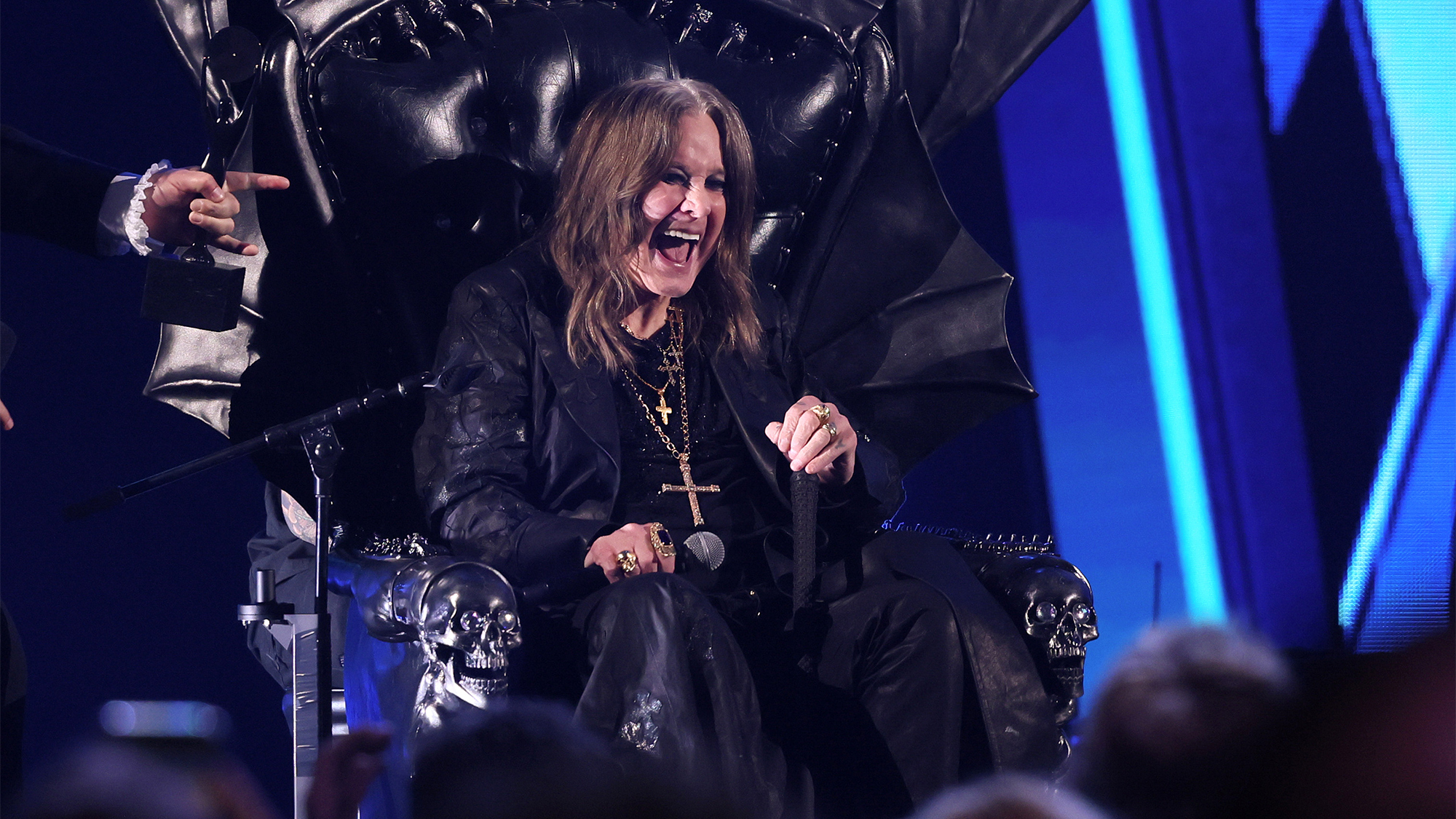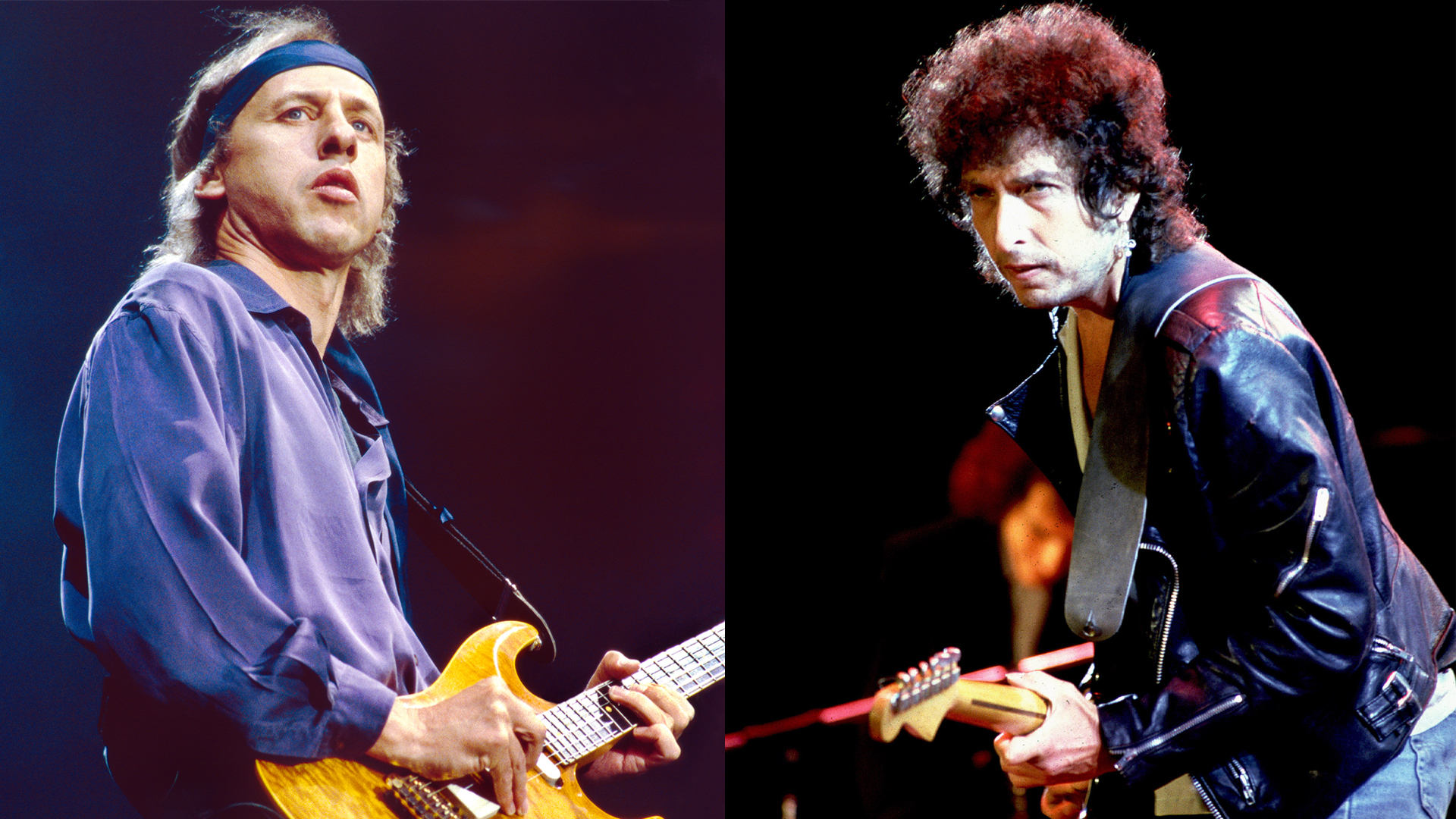Ozzy Osbourne RIP: The heavy-metal legend dies weeks after Black Sabbath performs its final show
Osbourne, who brought fame to guitarists Randy Rhoads, Jake E. Lee and Zakk Wylde, among others, died "surrounded by love"

Ozzy Osbourne, the founding lead vocalist of Black Sabbath and a leading figure in heavy metal, died Tuesday, July 22..
He passed away "surrounded by love" his family said in a statement released on Tuesday:
"It is with more sadness than mere words can convey that we have to report that our beloved Ozzy Osbourne has passed away this morning.
"He was with his family and surrounded by love. We ask everyone to respect our family privacy at this time.
"Sharon, Jack, Kelly, Aimee and Louis."
Osbourne was 76.
His death comes just weeks after he and his former Black Sabbath bandmates performed their final show. Billed as Back to the Beginning, the concert took place at Villa Park in Birmingham, England, on July 5.
All the latest guitar news, interviews, lessons, reviews, deals and more, direct to your inbox!
The day-long event, organized by Tom Morello, was intended to be a send-off for the group, though many hoped against the odds that another show — or possibly a tour — could happen in the coming months or years.

But Osbourne vowed it would be his final performance due to his battle with Parkinson's and other health issues.
A foundational figure in heavy metal music, Osbourne began his journey into music with the formation of Earth in 1968, alongside guitarist Tony Iommi, bassist Geezer Butler and drummer Bill Ward. Changing their name to Black Sabbath, they pioneered a sound that would define heavy metal, characterized by Iommi's heavy, detuned electric guitar riffs and Osbourne's introspective lyrics.
Early 1970s albums such as Paranoid, Master of Reality and Vol. 4 established the group and went on to become widely regarded seminal works in the heavy metal genre. With his one-of-a-kind vocals and provocative stage presence, Osbourne cemented his image as rock's ultimate showman.
Following his departure from Black Sabbath in 1979, Osbourne launched an even-more successful solo career after teaming up with American guitarist Randy Rhoads. . His 1980 debut, Blizzard of Ozz, became an instant classic thanks to hits like "Crazy Train" and "Mr. Crowley."
Osbourne continued to build on his success with followup albums, including 1981's Diary of a Madman , 1983's Bark at the Moon — featuring guitarist Jake E. Lee — and 1989's No Rest for the Wicked, which saw him team up with guitarist Zakk Wylde, his most successful guitar collaborator following Rhoads in his solo career. His union with Wylde arguably reached its zenith with 1991's No More Tears, which spawned four singles that reached the U.S. top 10, including the title track and "Mama, I'm Coming Home."
Throughout his career, Osbourne navigated numerous personal challenges, including struggles with addiction and significant health issues, all of which reinforced his image as not just as a rock legend but as a person who faced adversity with an unwavering spirit. His influence on metal — from its sound and themes to its presentation onstage — is immeasurable and will undoubtedly be celebrated for years to come.
He is survived by his wife, Sharon Osbourne, and his children, Aimee, Kelly, and Jack Osbourne, as well as his grandchildren.
Christopher Scapelliti is editor-in-chief of GuitarPlayer.com and the former editor of Guitar Player, the world’s longest-running guitar magazine, founded in 1967. In his extensive career, he has authored in-depth interviews with such guitarists as Pete Townshend, Slash, Billy Corgan, Jack White, Elvis Costello and Todd Rundgren, and audio professionals including Beatles engineers Geoff Emerick and Ken Scott. He is the co-author of Guitar Aficionado: The Collections: The Most Famous, Rare, and Valuable Guitars in the World, a founding editor of Guitar Aficionado magazine, and a former editor with Guitar World, Guitar for the Practicing Musician and Maximum Guitar. Apart from guitars, he maintains a collection of more than 30 vintage analog synthesizers.
